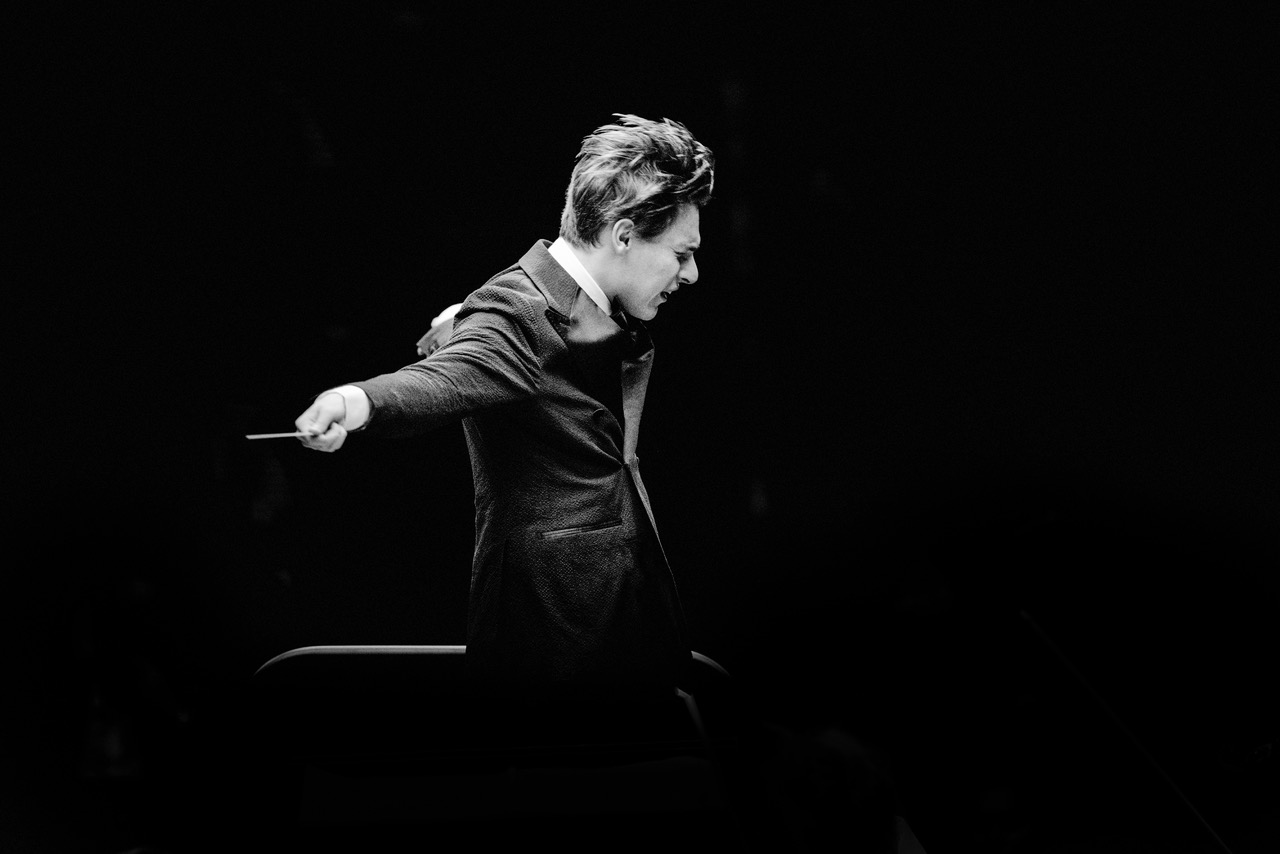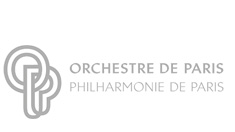
Gramophone interview
Still in his twenties, the Oslo Philharmonic’s Chief Conductor Klaus Mäkelä is remarkably clear-sighted about what he wants to achieve and how – even after lockdown required a different approach to recording his debut album of the Sibelius symphonies, writes Andrew Mellor.
Sweet are the uses of adversity. Klaus Mäkelä’s inaugural season as Chief Conductor of the Oslo Philharmonic should have been woven through with the sounds of Sibelius’s seven symphonies, presented in concert and in order, from autumn 2020 to spring 2021. Decca would have harvested the fruits of all that labour, releasing a full Sibelius cycle to launch its new relationship with the conductor. Then, well … you know what happened next.
Mäkelä’s symphony cycle did get made, but under circumstances as exceptional as they are probably unrepeatable. Orchestra and conductor immersed themselves in Sibelius and only Sibelius for much of the spring of 2021, slowly sculpting their take on the symphonies and Tapiola in studio conditions. Outside the Oslo Concert Hall, Norway lay in silent lockdown.
Sibelius is not new to the Oslo Philharmonic. The composer conducted the orchestra three times during the spring of 1921 – a century before these sessions almost to the day. But, claims Mäkelä, this concentrated engagement with the scores changed his ensemble’s understanding of them. ‘We played, played, played and then recorded,’ he says. ‘It allowed us to dig deeper than would have been possible in a normal season.’ Distancing of 1.5m between players only fostered keener listening in his musicians, reports the conductor.
The process also fast-tracked Mäkelä’s kinship with those musicians in a season blighted by stopping and starting, chopping and changing. ‘Recording teaches you so much about your colleagues,’ he says. ‘You quickly learn how to make everyone feel they can give their best at any particular moment. You get to know which musicians you can push a little and which ones will need a little more space; which thrive on pressure and which don’t. And it was a funny thing: these sessions were the only social interaction many of us had that spring, when everything was forbidden.’ Would he retake his inaugural season in Oslo, if he could? ‘In terms of building a relationship with the orchestra, this was absolutely the right way.’
He wasn’t building on sand. Mäkelä first conducted the Oslo Philharmonic on May 16, 2018, in an event described by the orchestra’s Head of Artistic Planning, Alex Taylor, as ‘not ideal’ – falling the day before Norway’s all-consuming national day and featuring a bitty programme of Nordic sweetmeats and national songs, albeit with Sibelius’s Seventh for carbs. And yet – ‘We knew from the first rehearsal that this was something really special,’ remembers Taylor.
New concerts were hastily arranged in order to get Mäkelä back to Oslo, and by October the orchestra had offered him the top job. His contract was then extended by four years (to seven) before it had even started; with so much interest in Mäkelä from elsewhere, reasons Taylor, it was essential to secure some longevity. Next, Mäkelä was announced as Daniel Harding’s successor as Music Director of the Orchestre de Paris from 2022. Soon that contract was altered too: brought forward to 2021. In March of that year, Decca signed Mäkelä – the first addition of a conductor to the label’s roster since it welcomed Riccardo Chailly in 1978.
So, is this cellist-turned-conductor from Finland the real deal? He certainly appears to be. I first saw him conduct a subscription concert with the Helsinki Philharmonic Orchestra in November 2018, from a cheap front-row seat at the Helsinki Music Centre that meant I could almost reach out and touch his heels. Nearly all the music was new, conducted with interpretation not just noise management. Since then I have been as impressed by his laconic technique as by the particular depth of sound and structural nous he seems to draw from whatever orchestra he finds himself in front of. He is also a joy to watch – elegant, precise, entirely natural, yet often unpredictable.
Read the full interview online at Gramophone



